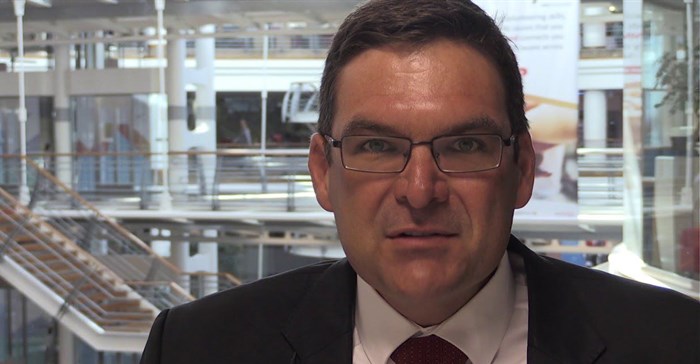






“As increasingly more investors begin to question the purpose and impact of their investments – beyond a singular focus on return – unlisted alternative assets have demonstrated how supporting environmental, social, and corporate governance (ESG) principles can generate solid returns for investors, while also having a tangible, positive and lasting impact," said Mike Adsetts, deputy chief investment officer of Momentum Investments, at the virtual Batseta 2020 Conference.
With the rising mainstream appeal of responsible investing, Adsetts believes that the most effective way to achieve real impact through investment, is by taking an integrated approach. “This is because, in any said impact initiative, the environmental, social and corporate governance components are not always perfectly aligned, and in some cases, may even clash.”
It is for this reason that Momentum Metropolitan signed the global Statement of Investor Commitment to Support a Just Transition on Climate Change on 30 March 2020. “We recognise that the social dimension of the transition to a resilient and low-carbon economy is extremely important in our country, so we need to engage with various stakeholders to ensure the social implications on the broader community are managed responsibly.”
Adsetts believes an integrated approach is key to doing this. “In South Africa, lending to state-owned enterprises (SOEs) is a challenge, involving a fine balance between its strategic importance, adequate compensation and risk mitigation on the one side, and its ESG risk factors on the other side. Accordingly, governance issues with regards to SOEs are becoming increasingly important in the risk management process and, as a result, are influencing investment decisions.
“Our SOE lending framework helps guide our risk management in this respect, as it is informed by corporate governance issues, SOE dependency on government, funding constraints and ESG issues on an entity's credit rating,” he says.
Having already touched on renewable energy, Adsetts says a broader topic that comes into stark focus here is infrastructure investment. “Infrastructure investment is critical for our economy as it will have a direct impact on water and transport projects, as well as future plans for renewable energy.
“Water infrastructure, in particular, is significantly underserviced in South Africa and therefore requires our support. We’ve approached this by looking within our real assets programme – of which infrastructure is a part – and identifying the impact investing opportunities that will offer our clients real economic return on the capital that’s invested, while achieving beneficial outcomes from an ESG perspective," he said.
To do this effectively, however, Adsetts emphasised the need to approach responsible investing in a systematic way. “Our investment philosophy here takes an outcome-based approach, which is based on six principles, namely advocacy; ESG integration; active ownership; to report progress and seek disclosure; and last but not least, to maintain integrity throughout.
“The success of any initiative relies on the integrity that the proponents of that initiative have. For us, it is key that we hold ourselves accountable and practise what we preach. When we say we are going to drive a certain initiative, it is paramount that we stick the course and have integrity in all that we do,” Adsetts said.